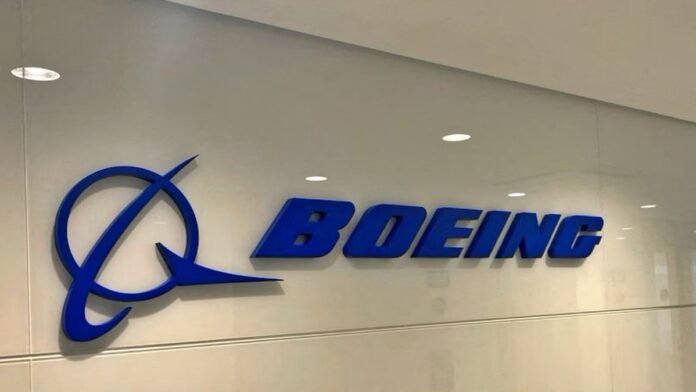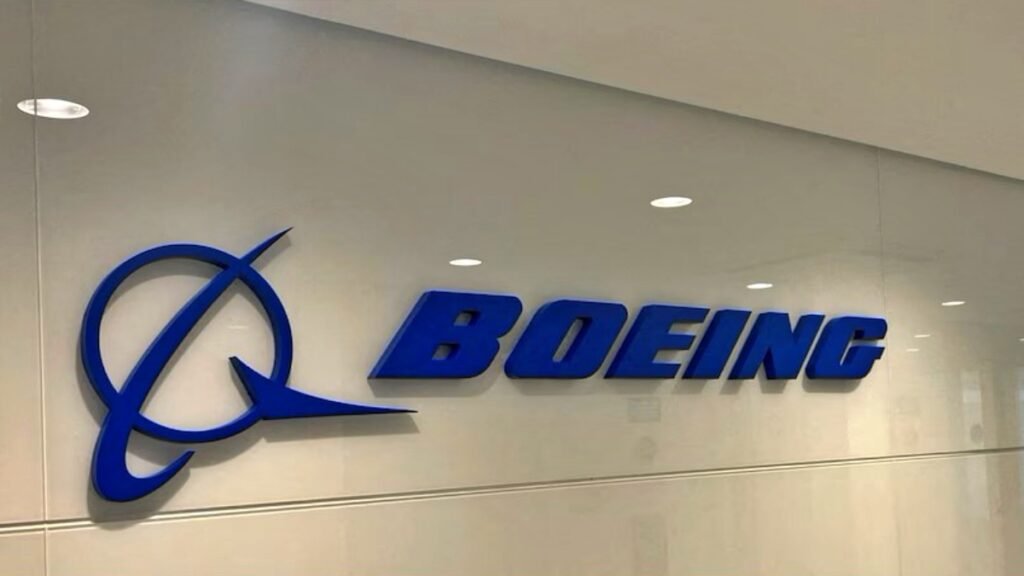
New Delhi: Boeing, the aerospace giant, has announced a sweeping layoff of 17,000 employees representing 10% of its global workforce as part of a plan to streamline operations and reorient focus on output efficiency. Starting Wednesday, the company began sending out pink slips, according to Bloomberg, marking the beginning of a restructuring move that could have far-reaching effects on its labor pool and operational stability.
The layoffs come as Boeing grapples with several post-pandemic challenges, a significant production slowdown following a major safety incident in January, ongoing supply chain bottlenecks, and the impact of a recent seven-week strike that brought the company’s operations to a halt. While these cuts are intended to address inefficiencies and bolster long-term productivity, industry experts caution that overly deep cuts could jeopardize Boeing’s ability to recover fully from the economic disruptions it has faced in recent years.
Aerospace Labor Crunch: Boeing Risks Losing Skilled Talent to Competitors
Seattle, Boeing’s production hub, faces a particularly competitive labor market, with only a 4% unemployment rate and increased demand for aerospace workers. In recent years, Boeing has lost a significant portion of its experienced workforce to pandemic-driven layoffs, with many engineers and mechanics choosing not to return to the sector. Now, the company is up against fierce local competition for skilled workers as Seattle’s space industry continues to boom. Companies like SpaceX, Blue Origin, and Amazon’s Project Kuiper are aggressively recruiting for various roles, from satellite development to lunar lander projects, offering attractive opportunities to the same specialized talent Boeing needs to retain.
According to industry analyst Stan Shull of Alliance Velocity LLC, over 1,350 aerospace roles are currently open across more than 50 companies in the Puget Sound area alone. Positions range from engineering to administrative and sales roles, and many highly skilled Boeing employees are being enticed by the new opportunities in the region’s rapidly growing space sector.
Industry Experts Warn of Potential Long-Term Impact on Boeing’s Recovery
With Boeing’s production of its flagship 737 Max jet still in a delicate scaling-up phase, the risk of losing skilled workers to competitors is particularly concerning. Richard Aboulafia of AeroDynamic Advisory notes that Boeing’s decision to pursue broad layoffs could backfire if key roles are cut or top talent exits. The aerospace and defense labor markets, he explains, are “really tight,” making it challenging for Boeing to replace critical skills at the speed required to meet production goals.
The knowledge gap within Boeing became evident as the company struggled to onboard new hires quickly enough to handle complex production demands. Executives acknowledged that they had underestimated the significant training required for new employees to fully integrate into Boeing’s operations, a challenge exacerbated by the loss of experienced staff.
Tensions Resurface Following Recent Strike and Wage Disputes
Earlier this year, tensions escalated when Boeing’s workers staged a 53-day strike, bringing production to a standstill and spotlighting longstanding employee frustrations over wage disparities. The strike ended only after Boeing agreed to a 38% wage increase, yet many workers remain dissatisfied, citing ongoing inequities in pay and benefits. The company’s workforce, which numbered 171,000 at the start of the year, had grown by 12% over the past five years to prepare for peak production levels, but that growth now appears misaligned with Boeing’s current production timeline.

CEO Kelly Ortberg, who took over in August, addressed these challenges in an October earnings call, stressing the need for Boeing to “reset priorities” and build a leaner organization focused on core goals. Ortberg emphasized that the 10% workforce reduction is aimed at consolidating roles where inefficiencies persist, reducing non-essential activities, and positioning Boeing to adapt to the rapidly evolving aerospace industry.
Despite the difficult decision to proceed with layoffs, Boeing’s long-term strategy centers on fostering a more agile workforce to meet evolving market demands. The company’s success in navigating this complex environment will hinge on striking a delicate balance between reducing costs and retaining the critical talent necessary for future growth.



















































